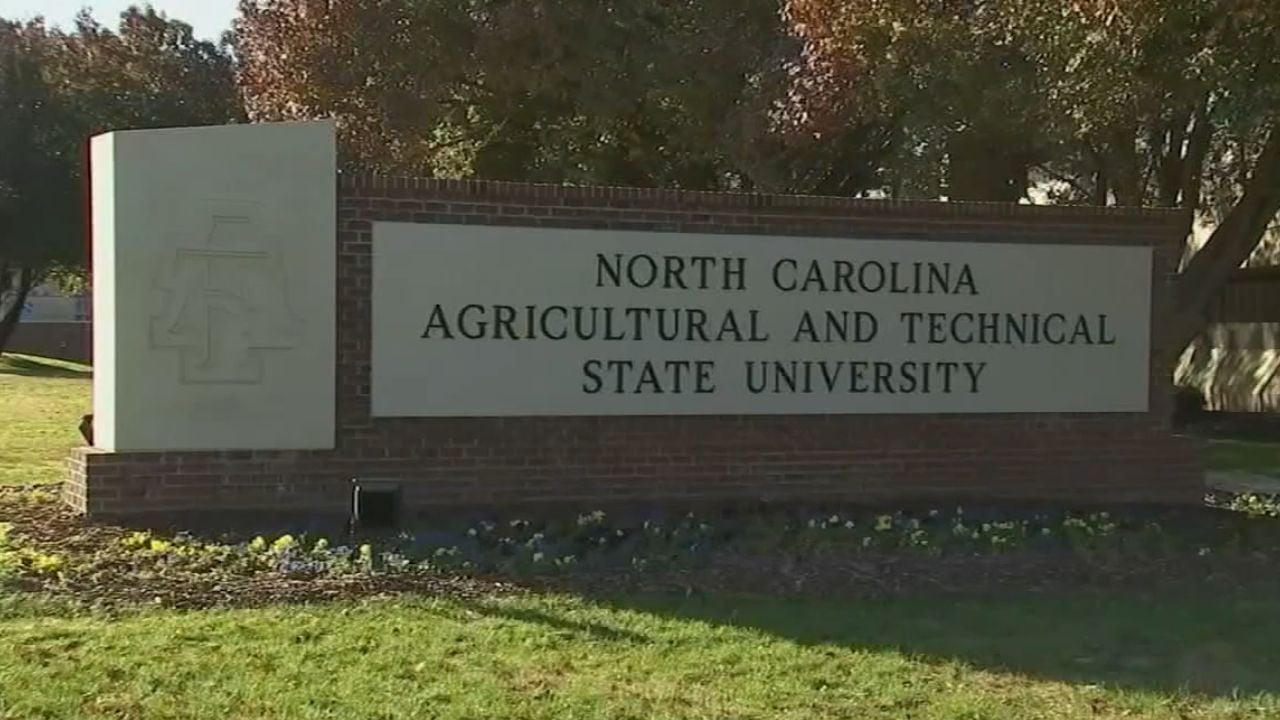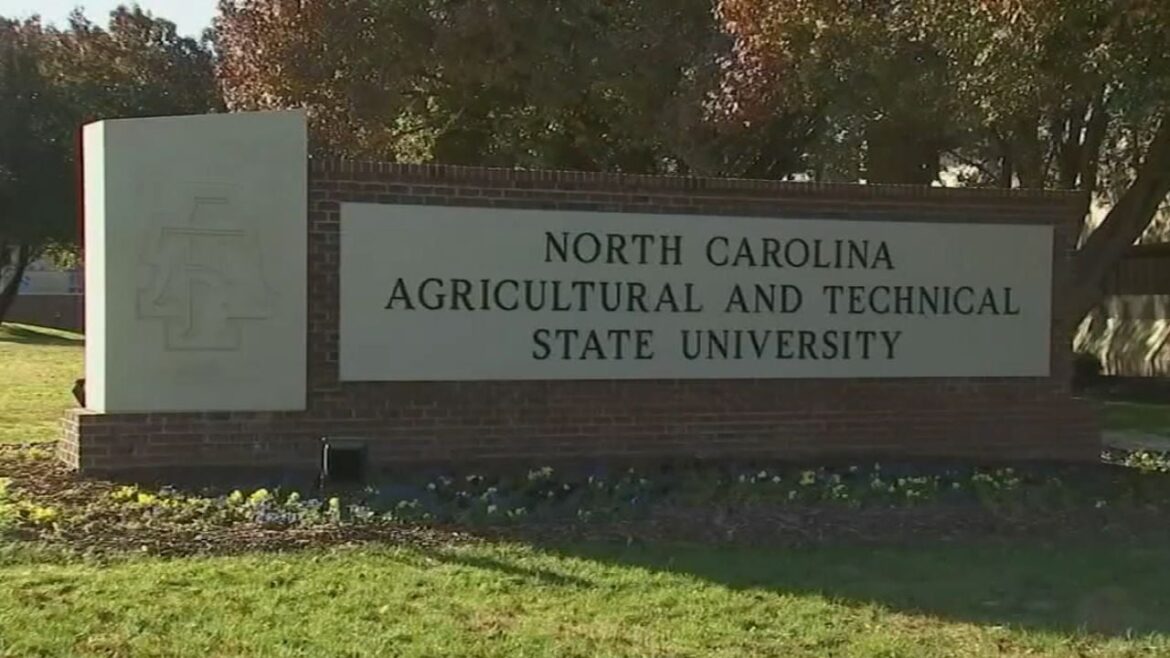The Biden administration has issued demands to multiple state governors regarding the funding disparity between Historically Black Colleges and Universities (HBCUs) and their non-HBCU counterparts. The administration has sent joint letters to these governors to address the $12 billion funding imbalance, which has hindered the progress of HBCUs.

159 Views
The Biden administration has issued demands to 16 state governors regarding the funding disparity between HBCUs and their non-HBCU counterparts. According to CNN, the administration sent joint letters to these governors to address the $12 billion funding imbalance, which has hindered the progress of HBCUs compared to other land-grant institutions in these states.
Land-grant institutions provide agriculture, science, military science, and engineering education.
These schools were established on federal land or funded with the proceeds from the sale of federal land granted to state governments. However, funding imbalances have prevented HBCUs from progressing at the same rate as other institutions in these states.
States receiving these letters include Alabama, Arkansas, Florida, Georgia, Kentucky, Louisiana, Maryland, Mississippi, Missouri, North Carolina, Oklahoma, South Carolina, Tennessee, Texas, Virginia, and West Virginia. Administration officials have used data from the National Center for Education Statistics to calculate funding disparities, which range from $172 million to $2.1 billion among HBCUs in the affected states.
The issue of underfunding for land-grant HBCUs has long been a concern, and the Biden administration’s call for action aims to rectify this disparity. Secretary of Agriculture Tom Vilsack emphasized the need for governors to invest equitably in their states’ HBCUs to support their students and contributions to society and the economy. He stated:
“We need governors to help us invest in their states’ HBCUs at the equitable level their students deserve, and reflective of all they contribute to our society and economy.”
According to a Forbes article, land-grant HBCUs have been underfunded by an estimated $12.8 billion over the past three decades. Tennessee State University alone received $1.9 billion less than it should have if it were funded at the same per-student level as the University of Tennessee.
North Carolina A&T, the nation’s largest HBCU, also faced disproportionate funding compared to its predominantly white counterpart. While NC A&T, which housed over 11,000 students as of 2020, received only $9.5 million for research.
With 32,000 students (6% of whom are Black), NC State received an extra $79 million. Similar funding disparities were found among other HBCUs, including Prairie View A&M University and Florida A&M University.
With the Biden administration’s audit and actions to address HBCU funding disparities, there is hope that the fight against Black progression will end. This effort seeks to ensure that HBCUs receive the necessary resources and support to provide quality education to their students.
Overall, the Biden administration’s actions demonstrate a commitment to addressing the funding disparities that have hindered the progress of HBCUs. By demanding equity and increased investment, the administration aims to create a more inclusive and supportive educational environment for all students, regardless of race or background.
Due to the Supreme Court’s landmark decision to eliminate race-based considerations in college admissions, HBCUs, which are already facing severe housing and funding issues, are anticipating a significant leap in applicants.
In other news concerning the hindrance of Black progress in America, the Fearless Fund, which invests in women of color-led businesses, is currently facing a lawsuit over its MasterCard grant program. This program, which partners with major corporations like Bank of America, MasterCard, and PayPal, aims to assist black women in their entrepreneurial endeavors. The lawsuit highlights the challenges faced by Black-owned businesses and the importance of equitable support for underrepresented communities.

























